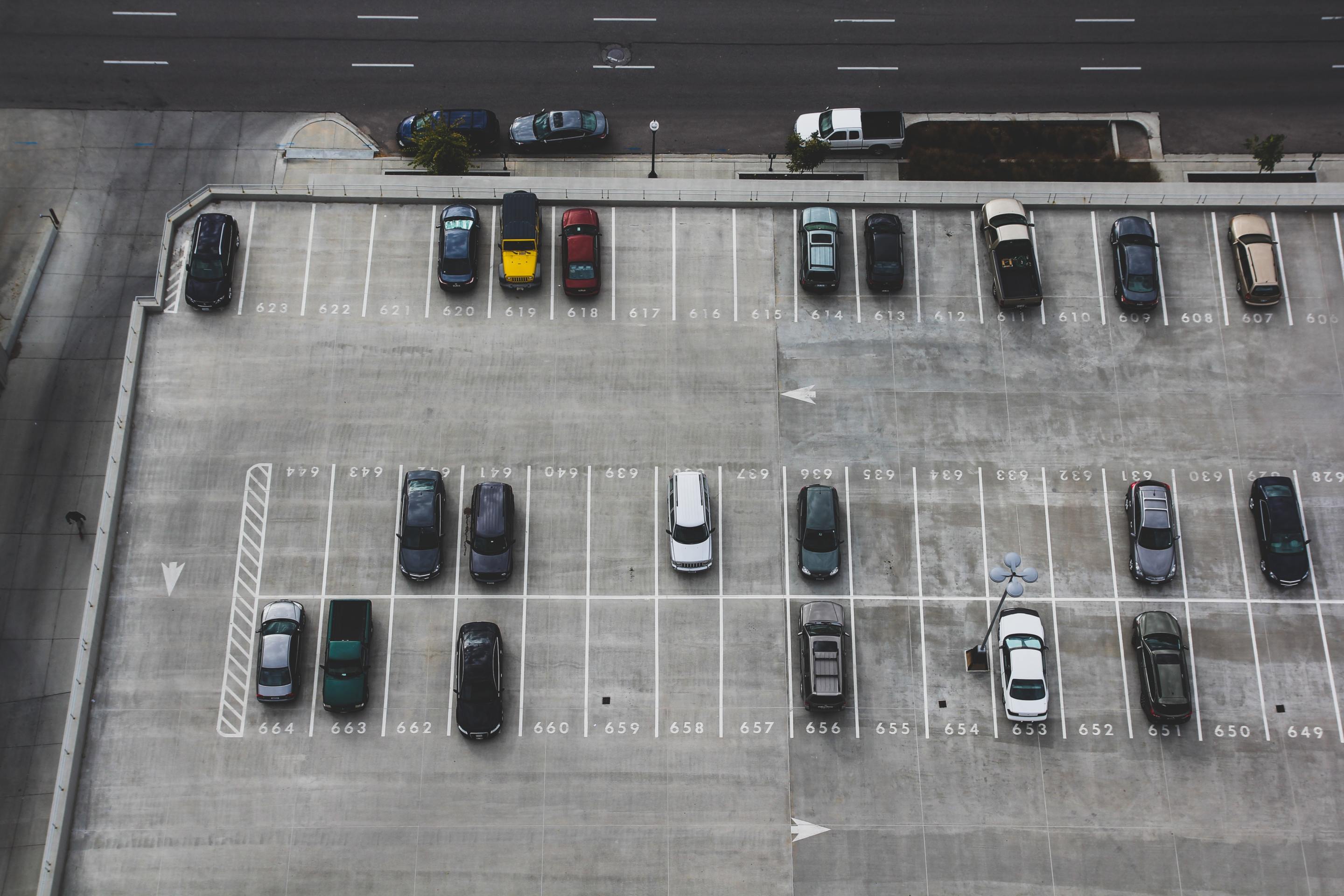- In the U.S. there are seven parking spaces for every car, and paved-over cities are rethinking their parking policies and getting rid of mandated minimums. (New York Times)
- Transit agencies' erratic recoveries post-pandemic are making it harder to predict future ridership. But in any scenario, a full recovery is unlikely anytime soon. (Governing)
- Charging drivers tolls to use express lanes is becoming increasingly popular in the anti-tax South. (WABE)
- An agreement between federal and state transportation officials will allow the I-45 widening in Houston, paused for a civil rights investigation, to move forward, with some small concessions to residents. (Houston Chronicle)
- A park over I-35 could reunite Black communities in Dallas divided by the freeway, but some fear the resulting gentrification could be even more damaging. (Texas Monthly)
- Modular stations and getting rid of a subway tunnel downtown could help Austin's Project Connect control costs. (Fast Company)
- Sound Transit has delayed Seattle-to-Tacoma light rail again, until 2035. (KING)
- Metro Charlotte leaders need to come together on a regional transportation plan before they approach state legislators about putting it up for a vote. (WFAE)
- A University of Southern California study found that white drivers emit more pollution in nonwhite neighborhoods than nonwhite drivers do in white ones, forcing nonwhite residents to breathe dirtier air even though they drive less. This is partially because wealthy neighborhoods were able to block freeway construction.
- Cyclists' helmet use stayed the same after Seattle repealed a law requiring it, suggesting that people wear helmets for safety, not because of the threat of legal action. (Seattle Bike Blog)
- Police are pulling over Black men 54 percent less often since Philadelphia reformed its traffic laws last year. (WHYY)
- Here's a cargo bike you can buy for less than 10 fill-ups of an F-250. (Momentum)
Stay in touch
Sign up for our free newsletter
More from Streetsblog USA
Urban Truth Collective: Straight Talk About The Joy Of Cities In An Age Of Disinformation
The Three Tenors of Urbanism explain their latest effort: The Urban Truth Collective.
Study: AVs Will Super-Charge VMTs
Yes, robocars address many of our traffic violence troubles, but they may fail to uproot the deeper rot of car dependency that has hollowed out our society
Thursday’s Headlines Try New Arguments
An urban planner makes a conservative economic case for tearing down freeways running through cities.
Three Theories About Why U.S. Car Crash Deaths Are Plummeting
Car crash deaths are down by 12 percent, a top group estimates — but why?
Wednesday’s Headlines Don’t Got a Fast Car
If Tracy Chapman had saved "just a little bit of money" these days, she'd be in trouble.
Dear Trump: the Future Belongs to the Efficient
Trump abandoned climate protection goals claiming that cheap fossil fuel helps consumers and the economy. A mobility-focused analysis shows that he is wrong: resource efficiency is the key to health, economic success and happiness.






